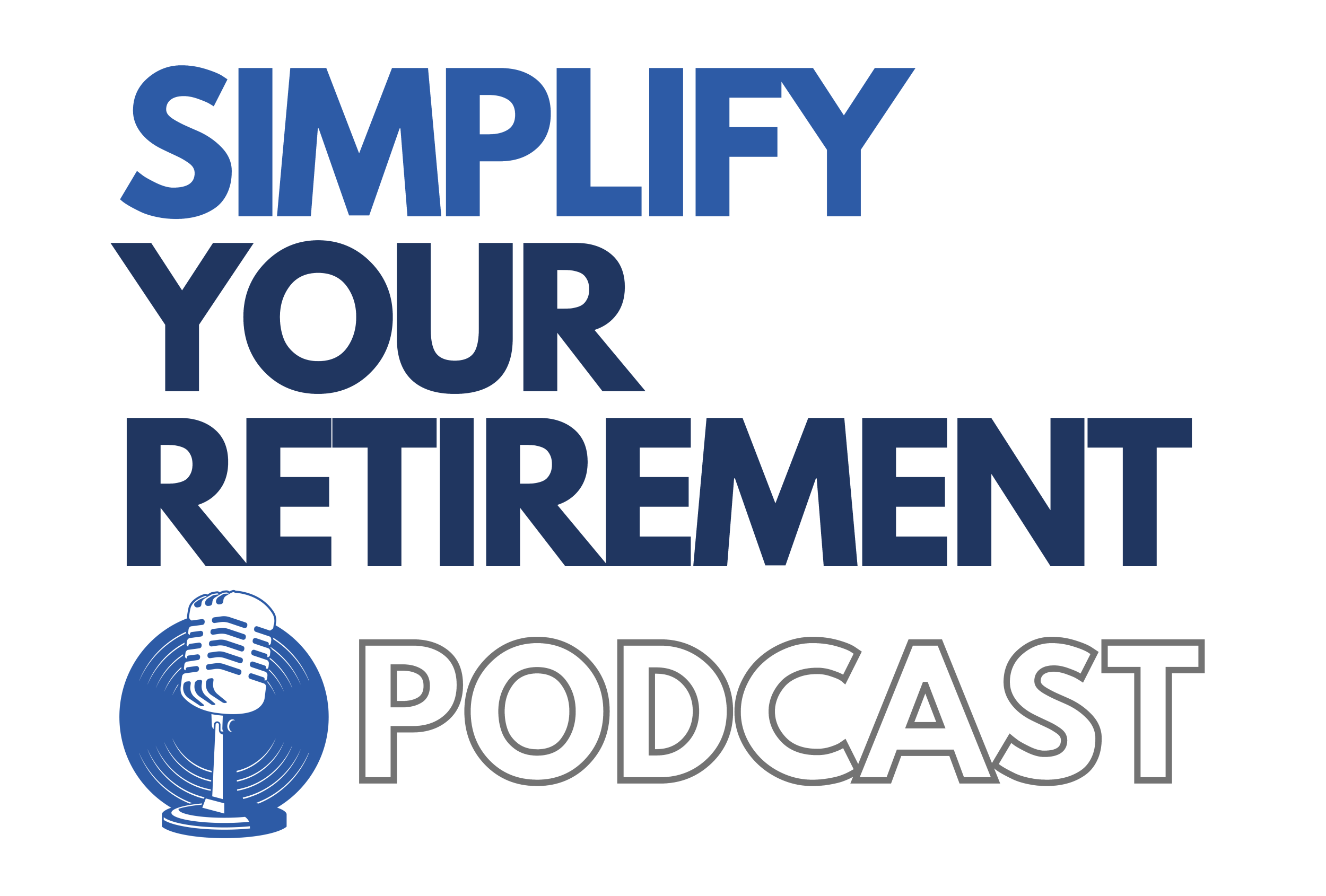Podcast: Play in new window | Download | Embed
Income Planning: Smart Investment Allocations for Maximum Peace of Mind
We understand that when retirees have a well-thought-out plan, they are more likely to experience true freedom. The ultimate goal of our retirement planning efforts is to achieve this freedom, enabling individuals to give, serve, and enjoy life without constraints.
Once a plan is established for each of these six areas: liquidity, income, growth, tax, legacy, and insurance, true freedom becomes attainable.
Our concept of freedom planning perfectly aligns with the mission of Wise Wealth, encapsulated by the hashtag #GSEL (give, serve, and enjoy life). To realize this vision, meticulous planning is necessary.
One of the most pivotal questions to ask in financial planning is, “What does retirement look like to you?” This question is crucial as the answer varies for each individual. Retirement, for some, entails serene moments in a rocking chair or spending time with grandchildren, while for others, it means constant travel and never staying at home. There’s no right or wrong answer, but an answer is essential.
The response to the question “What does retirement look like to you?” not only carries an emotional aspect but also a numerical component. When we discuss income planning, we are essentially determining that number.
At Wise Wealth, one of our guiding principles is that the plan determines the products. Using our easy-to-understand “3-Bucket Approach” we identify the purpose of the money—whether it’s for liquidity, income, or growth. and we firmly believe that a single portfolio cannot effectively serve all three purposes.
We believe a single portfolio cannot effectively serve all three purposes. Aligning investments with their intended purposes simplifies decision-making and enhances peace of mind.
Today, our focus shifts to the income bucket. We’ll discuss the rules governing how much should be allocated to this bucket and the investment options it offers.
Many individuals approaching retirement, particularly those who have managed their finances independently or worked with advisors focused on asset growth, may find this transition challenging. They are accustomed to growing their assets, often through 401(k) investments.
However, in retirement income planning, the dynamics change, requiring consideration of liquidity, safety, income, and growth.
Many people mistakenly believe they only have these two extreme options, either taking no risk and accepting minimal returns (barely keeping up with inflation) or risking everything with potential losses as the market fluctuates. The downside is that this type of strategy doesn’t lead to freedom or peace of mind. Individuals find themselves in constant fear, tied to market fluctuations, questioning every financial decision.
There are alternative options in the middle ground, that are less risky and more cost-effective, giving a more balanced approach.
Upon reaching retirement age, individuals should protect the portion of their money needed for an income stream. The rules for the liquid bucket involve determining your income number, solving for the gap by subtracting guaranteed income sources, and figuring out the least amount of assets needed to guarantee the required level of income.
Almost everybody has an income gap, and the income gap formula is straightforward. Take your income need in retirement, subtract any guaranteed income sources, and start with a clear budget. To determine your income need, write it down—request our complimentary retirement worksheet at info@wisewealth.com.
Our goal as planners is not to sell annuities or CDs but to have as much money as possible growing for our clients while protecting their income needs. We advise individuals, even up to the first 5 to 10 years in retirement, to start allocating assets today to solve for that gap 10 years from now.
It’s never too early to start planning.
To request your copy of our book, “Simplify Your Retirement, email us at info@wisewealth.com.
